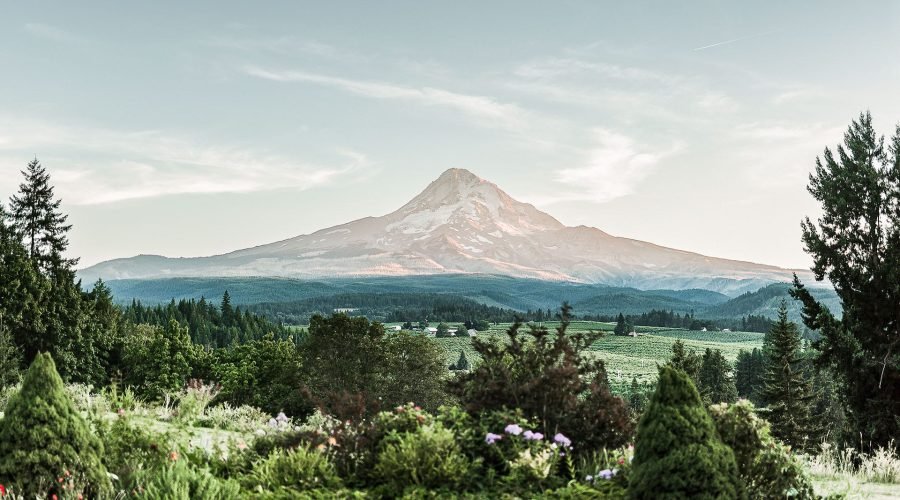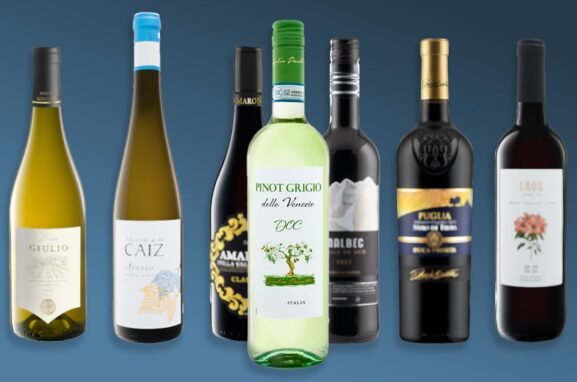The Rise of Volcanic Cider
After Mount St. Helens erupted on May 18, 1980, “large amounts of ash were scattered all over Eastern Washington, which is a major apple-growing region,” says Scott Burns, emeritus professor of engineering geology at Portland State University in Oregon. “But for the next three years, we had some of the biggest crops of apples we had ever had. It was like mother nature fertilized all the orchards.”
We are only starting to understand how much influence soil has over the quality of apples. And in Oregon and Washington, which are among the top-volume producers of hard ciders in the U.S., many of the apples are grown in volcanic soils.
“Volcanic soil is going to have more iron and magnesium,” says Burns. According to a study by Oregon, Washington and Idaho State Universities, apple trees lacking these minerals have a whole host of issues from premature yellowing and browning leaves to stunted growth, producing tiny fruit.
You May Also Like: Cider Needs Its Own Identity. Single-Varietal Bottles Can Help.
Rick Hastings, owner and cider maker of Liberty Ciderworks, sources his apples from three nearby farms including Topcliffe Farms in Prosser, Washington, which has an abundance of volcanic soils. “The flavor levels are also completely off the charts,” Hastings says. Particularly when comparing Golden Russet apples, he says.
“I’ve tried Golden Russet ciders made on the East Coast and even elsewhere in Washington State,” says Hastings. “Yes, there’s a vague similarity. But the richness of these ciders made from Golden Russets grown in volcanic soils make it a completely different thing.”
Travel just about 150 miles southwest from Prosser and you’ll find yourself at Mt. Hood Organic Farm, which grows over 100 varieties of apples and pears which find their way into cider. “Volcanic soil naturally has a really good pH level,” says Brady Jacobson, co-owner of the Oregon farm. “A lot of people need to treat their soils with lime to get their desired pH, but we’ve never had to do any treatments.” Jacobson collaborates with nearby Hiyu Wine Farm to make Germina, Nivose and Floréal, naturally fermented ciders.
As cider’s popularity continues to grow, more time and money is invested in how the orchards interact with the soil. The Pacific Northwest’s volcanic soils have long been producing some of the most sought-after apples in the country and, more recently, compelling ciders, making it a good place to go deeper.
This article originally appeared in the Winter 2024 issue of Wine Enthusiast magazine. Click here to subscribe today!
Bring the World of Wine to Your Doorstep
Subscribe to Wine Enthusiast Magazine now and get 1 year for $70 $29.99.
Published: March 12, 2024
Like what you’re reading? Learn more about:


